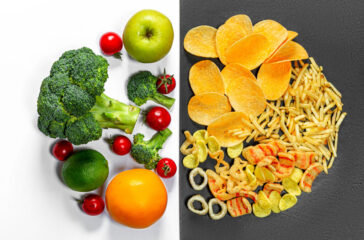California bill aims to phase out harmful ultra-processed school foods
By Shannon Kelleher
As states across the country move to ban food dyes, California lawmakers on March 19 introduced the first bill in the nation that would phase out certain ultra-processed foods from school meals.
 EWG
EWG
